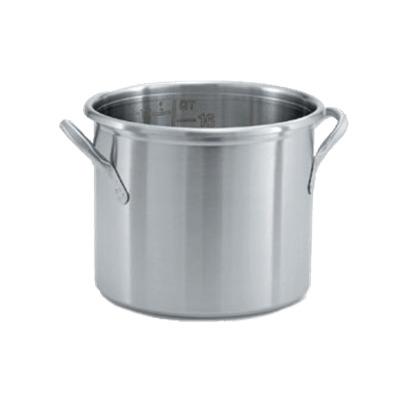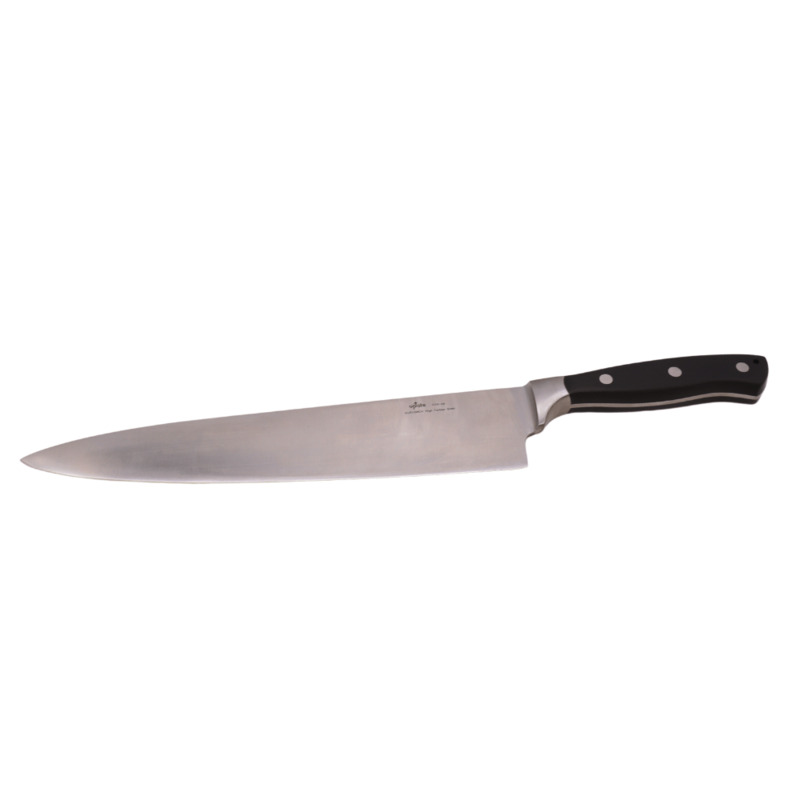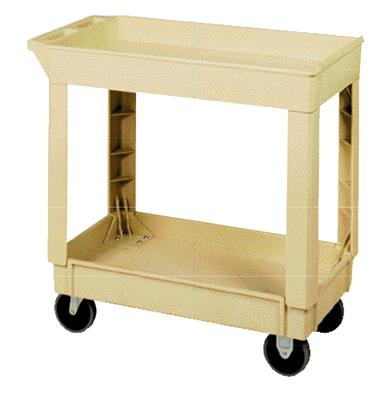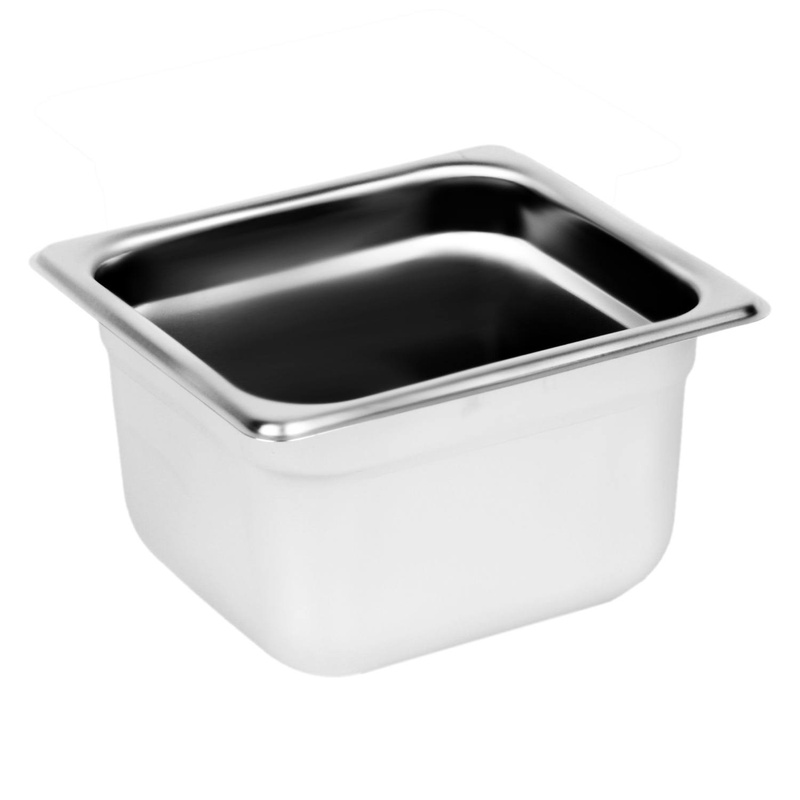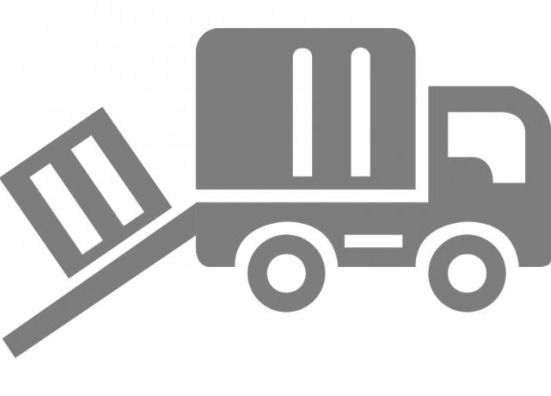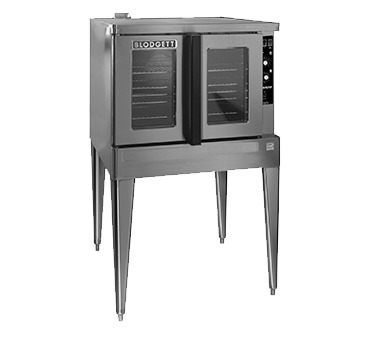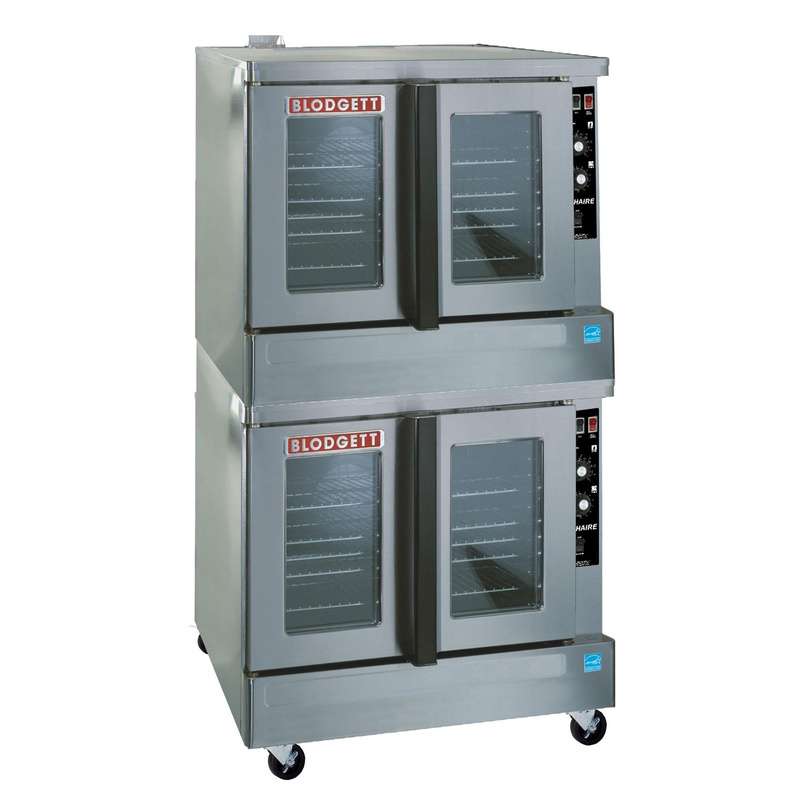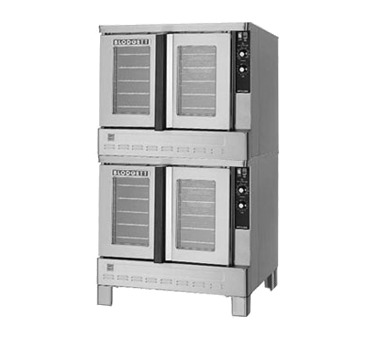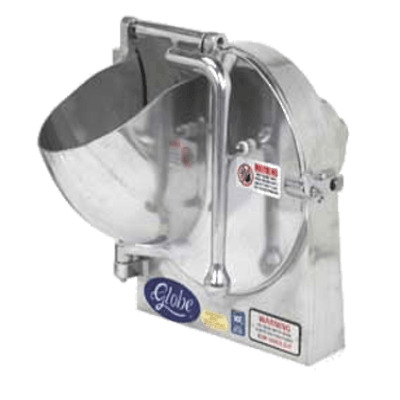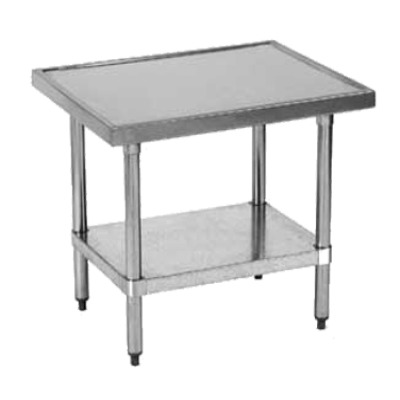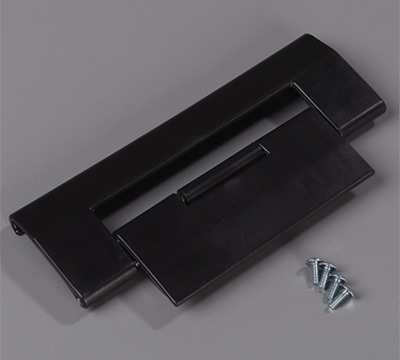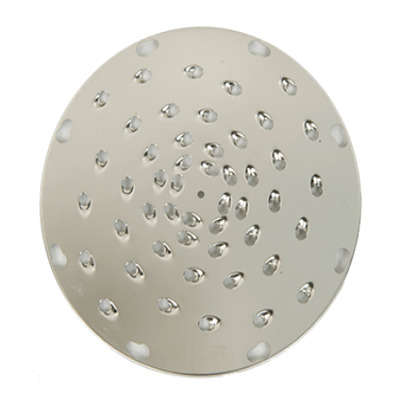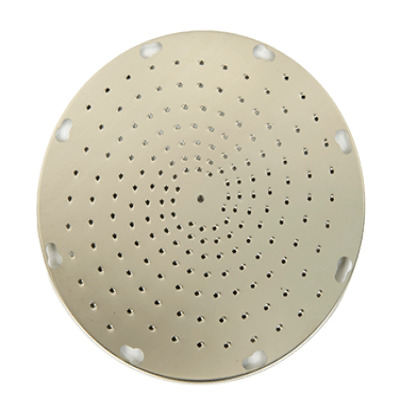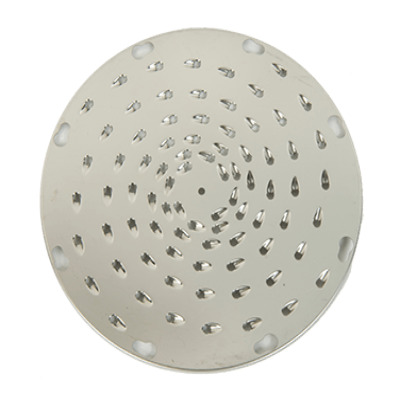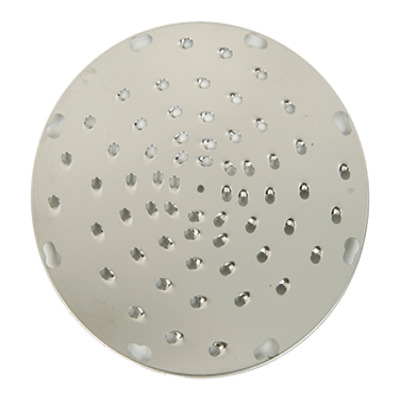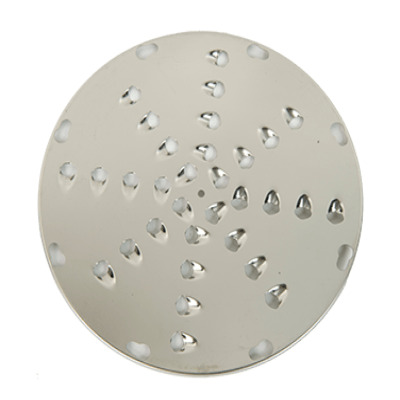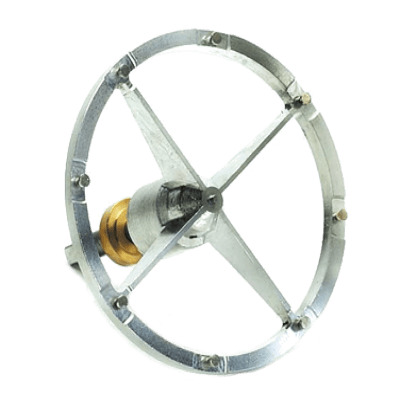When it comes to running a food service business, ensuring the safety and quality of the food you serve is extremely important. One crucial aspect that often goes unnoticed is the safety of the equipment used in food preparation and storage. To safeguard your customers' health and maintain a stellar reputation, it is vital to be aware of the safety regulations and certifications associated with food service equipment purchases. Today we will explore some essential regulations and certifications that should be on your radar.
1. NSF International Certification: NSF International is a renowned organization that sets standards and provides certifications for food service equipment. Their certification ensures that the equipment complies with specific health and safety requirements. When purchasing food service equipment, look for the NSF mark, which indicates that the product has been thoroughly tested and meets the established criteria for food safety.
2. FDA Regulations: The Food and Drug Administration (FDA) in the United States has regulations in place to ensure the safety of food service equipment. Some key regulations to be aware of include the Food Contact Substance Notification program, which addresses the materials used in equipment that comes into contact with food, and the Food Code, which outlines guidelines for food safety in retail food establishments.
3. Hazard Analysis and Critical Control Points (HACCP): HACCP is a systematic approach to food safety that identifies and controls potential hazards in food production processes. While HACCP focuses primarily on food handling and preparation, it is important to consider its principles when selecting food service equipment. Look for equipment that aligns with HACCP guidelines, as this indicates a commitment to minimizing risks and maintaining food safety standards.
4. Electrical Safety Standards: Electrical safety is a crucial aspect of food service equipment. Ensure that any electrical equipment you purchase has the necessary certifications, such as the Underwriters Laboratories (UL) mark, which verifies that the product has undergone rigorous testing for safety and meets industry standards.
5. Energy Efficiency Certifications: Apart from safety, energy efficiency is another significant consideration when purchasing food service equipment. Look for certifications like ENERGY STAR, which signifies that the equipment meets energy efficiency standards established by the Environmental Protection Agency (EPA). Energy-efficient equipment not only helps reduce operational costs but also contributes to environmental sustainability.
6. Local and International Standards: Different countries and regions may have specific safety regulations and certifications for food service equipment. It is essential to research and comply with local standards to ensure that the equipment you purchase meets the necessary requirements. Examples include the European Union's CE Marking, Canadian Standards Association (CSA) certification, and Australian Food Standards.
When purchasing food service equipment, prioritizing safety is of utmost importance. By familiarizing yourself with the relevant regulations and certifications, such as NSF International certification, FDA regulations, HACCP guidelines, electrical safety standards, energy efficiency certifications, and local standards, you can make informed decisions and acquire equipment that upholds the highest standards of safety and quality. Remember, investing in safe equipment not only protects your customers but also safeguards the reputation and success of your food service establishment.

